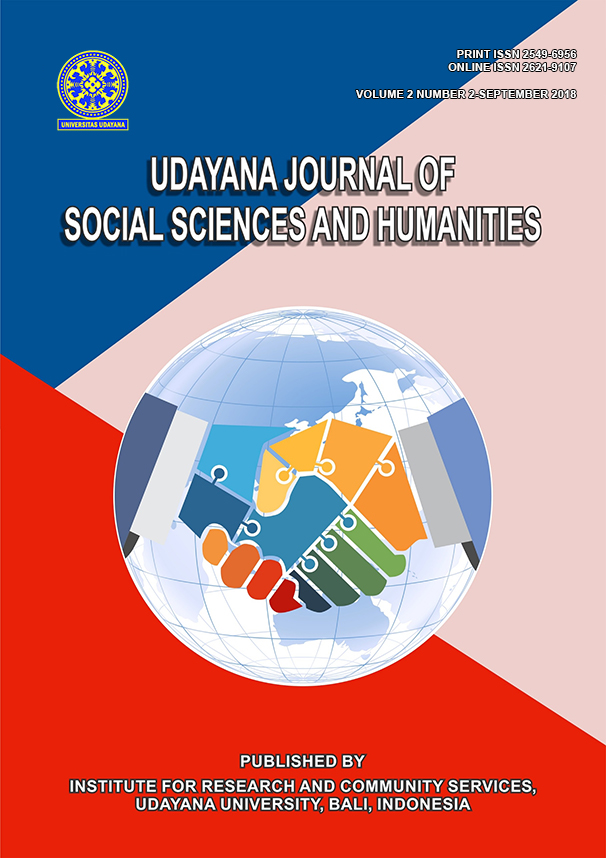The Meanings of "Kanashii" and "Kurushii" from the Perspective of Kanji Writing and Their Uses in Japanese Sentences
Abstract
This research is entitled "The Meanings Of "Kanashii" And "Kurushii" From The Perspective Of Kanji Writing And Their Uses In Japanese Sentences." This title was chosen as a research topic because it is still rare to conduct their research that analyzes the meaning of adjectives, especially the synonymous adjective by reviewing the formation of kanji. There are not many people know, especially for Japanese language learners and is very interesting to stimulate new research variations. us with the exact aspects of their meaning with a review of the formation of kanji. The method used in this study consists of a method of referring to data collection by tapping techniques. In the next practice, this tapping technique is followed by advanced techniques in the form of techniques of recording and techniques of uninvolved conversation technique. The technique of note is to record things that are considered important. The method used to analyze the data is the method of agih (distribution method). The last stage is the presentation of the results of analysis by using formal and informal methods. It is done so that the readers understand the research results more clearly. The theory used in this research is about kanji and its formation, synonym theory, and theory of contextual meaning. With these theories study are that the readers are given differences in the use of two synonyms words in Japanese with cultural nuances they have.






